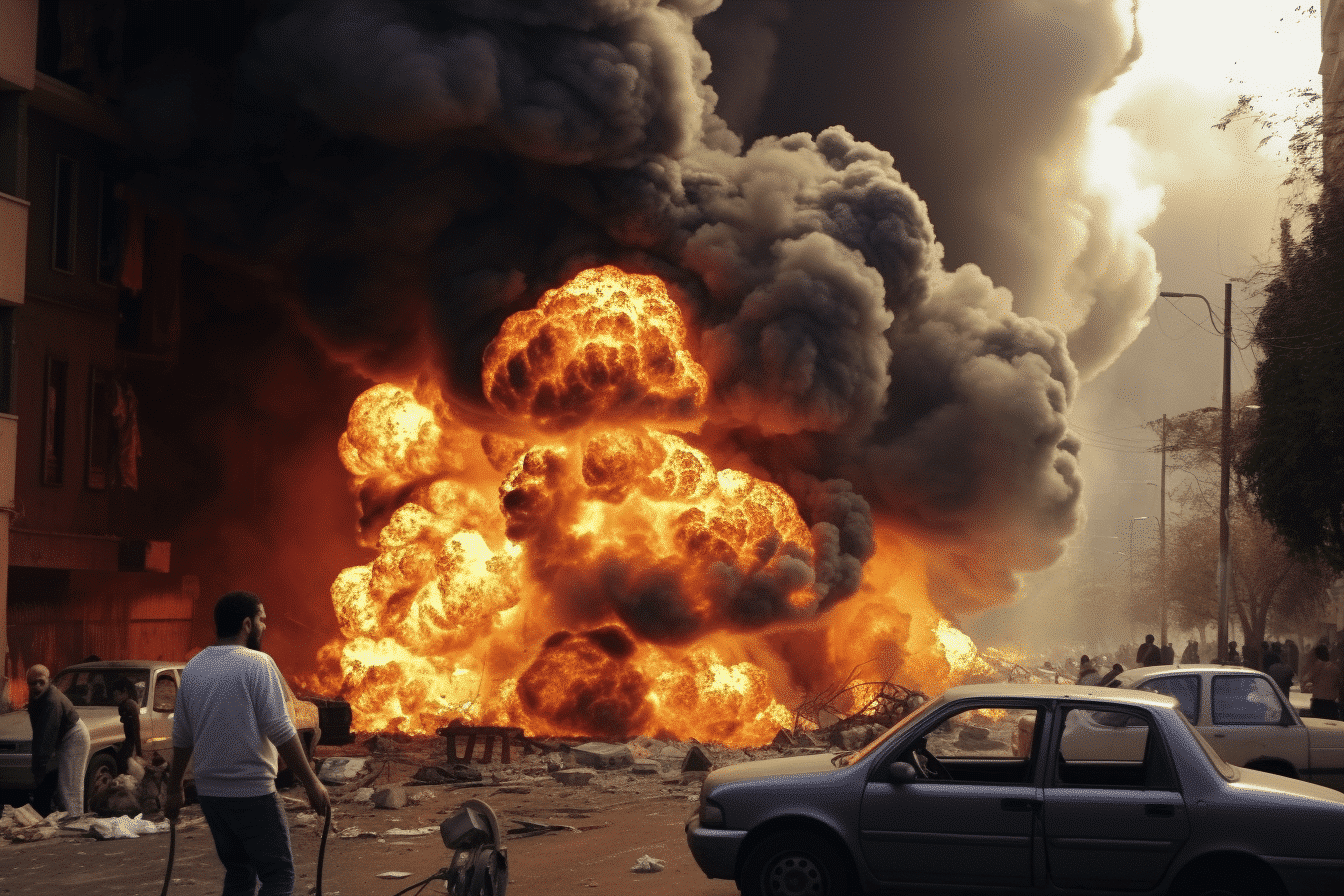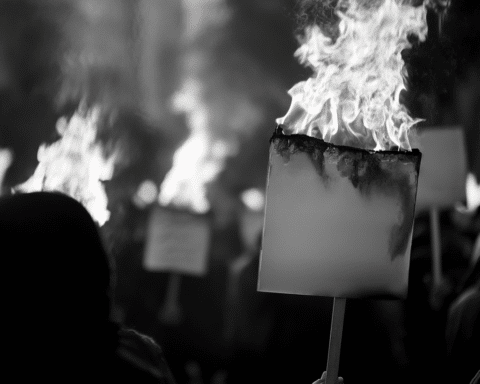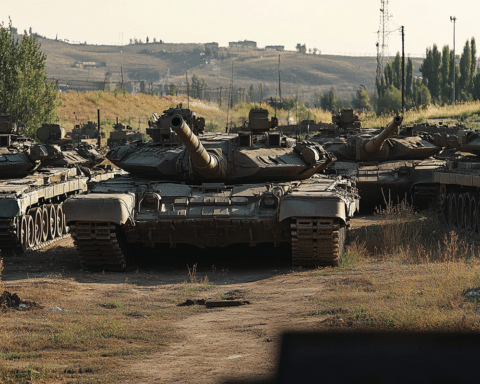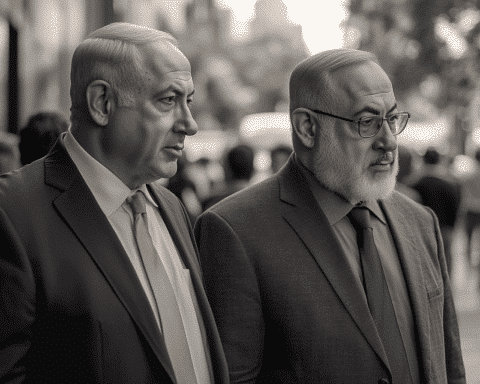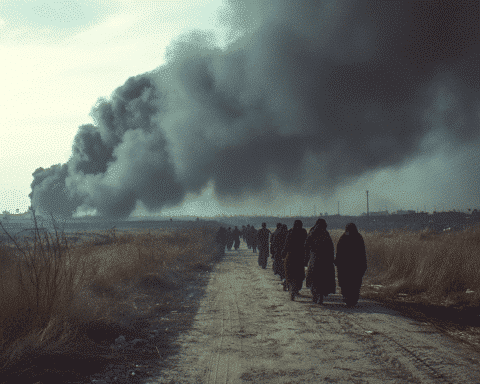In a devastating turn of events, more than 100 people have perished in a tragic occurrence at a memorial event honouring General Qassem Soleimani, an Iranian military figure controversially killed by a U.S. drone strike in 2020. The incident, which unfolded in Kerman, Iran, involved two successive explosions that not only claimed numerous lives but also left a profound impact on the region’s already strained geopolitical landscape.
Incident Details
The commemoration, marking the fourth anniversary of Gen. Qassem Soleimani’s death, was suddenly disrupted by two bombs detonating minutes apart. According to Iranian officials, the blasts claimed at least 103 lives and injured over 188 individuals. The city of Kerman, situated approximately 820 kilometres southeast of Tehran, was shaken by these explosions, which propelled shrapnel into a crowd desperately trying to escape the initial blast.
Ahmad Vahidi, Iran’s interior minister, stated on state television that the first bomb went off around 3 p.m. local time, with the subsequent explosion occurring roughly 20 minutes later, causing the majority of the casualties. This tactic of a delayed second explosion, often employed by militants, is particularly insidious as it aims to target emergency responders and increase the death toll.
Context and Possible Culprits
The complexity of the Middle East’s geopolitical dynamics adds layers of uncertainty regarding the perpetrators. Iran’s list of adversaries includes various militant groups, exile organizations, and state actors. The country has faced internal strife, evidenced by recent mass protests, and has been the target of attacks dating back to the 1979 Islamic Revolution.
While Israel has engaged in targeted operations in Iran, particularly related to the nuclear program, its methods have typically not involved mass casualty bombings. Sunni extremist groups, such as the Islamic State, have previously executed attacks in Shia-majority areas of Iran, though not in the relatively peaceful Kerman region.
Regional Tensions
This incident occurs amidst high tensions in the Middle East, particularly concerning Israel’s ongoing conflict with Hamas in the Gaza Strip. Iran’s support for militant groups, including Hamas, Hezbollah in Lebanon, and Yemen’s Houthi rebels, has been a contentious point in the region. These groups have recently intensified their attacks, professing solidarity with the Palestinians.
Legacy of Gen. Qassem Soleimani
General Soleimani, hailed as a national hero by supporters of Iran’s theocracy, was a key figure in Iran’s regional military strategy. His role became particularly prominent following the 2003 U.S. invasion of Iraq, with his influence growing to rival that of Iran’s civilian leadership. His death in 2020, resulting from a U.S. drone strike ordered by the Trump administration, has continued to reverberate through the region.
The bombings in Kerman represent not only a tragic loss of life but also highlight the persistent volatility and complexity of Middle Eastern geopolitics. As the world mourns the victims of this heinous act, the quest for accountability and the pursuit of peace in the region becomes ever more pressing. The incident is a stark reminder of the fragile balance in a region marred by longstanding conflicts and deep-seated animosities.
